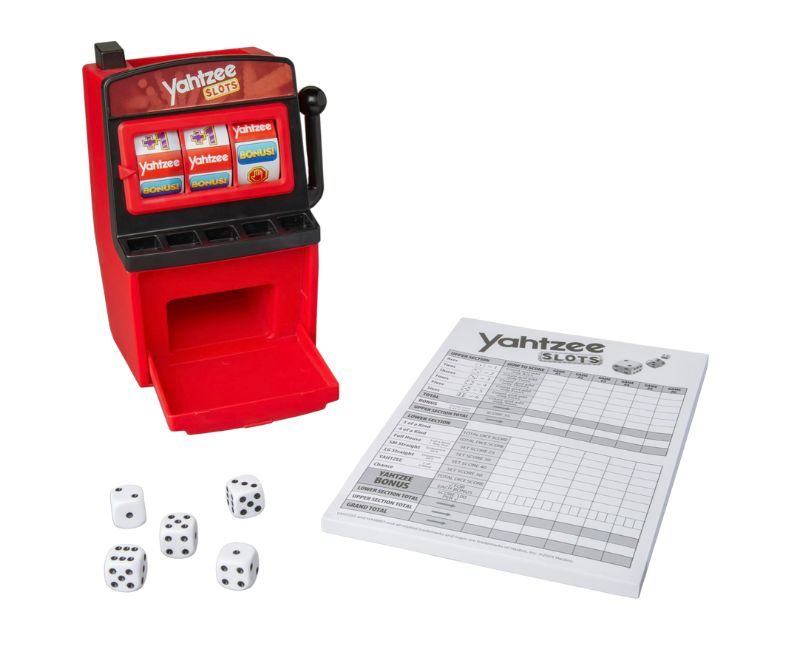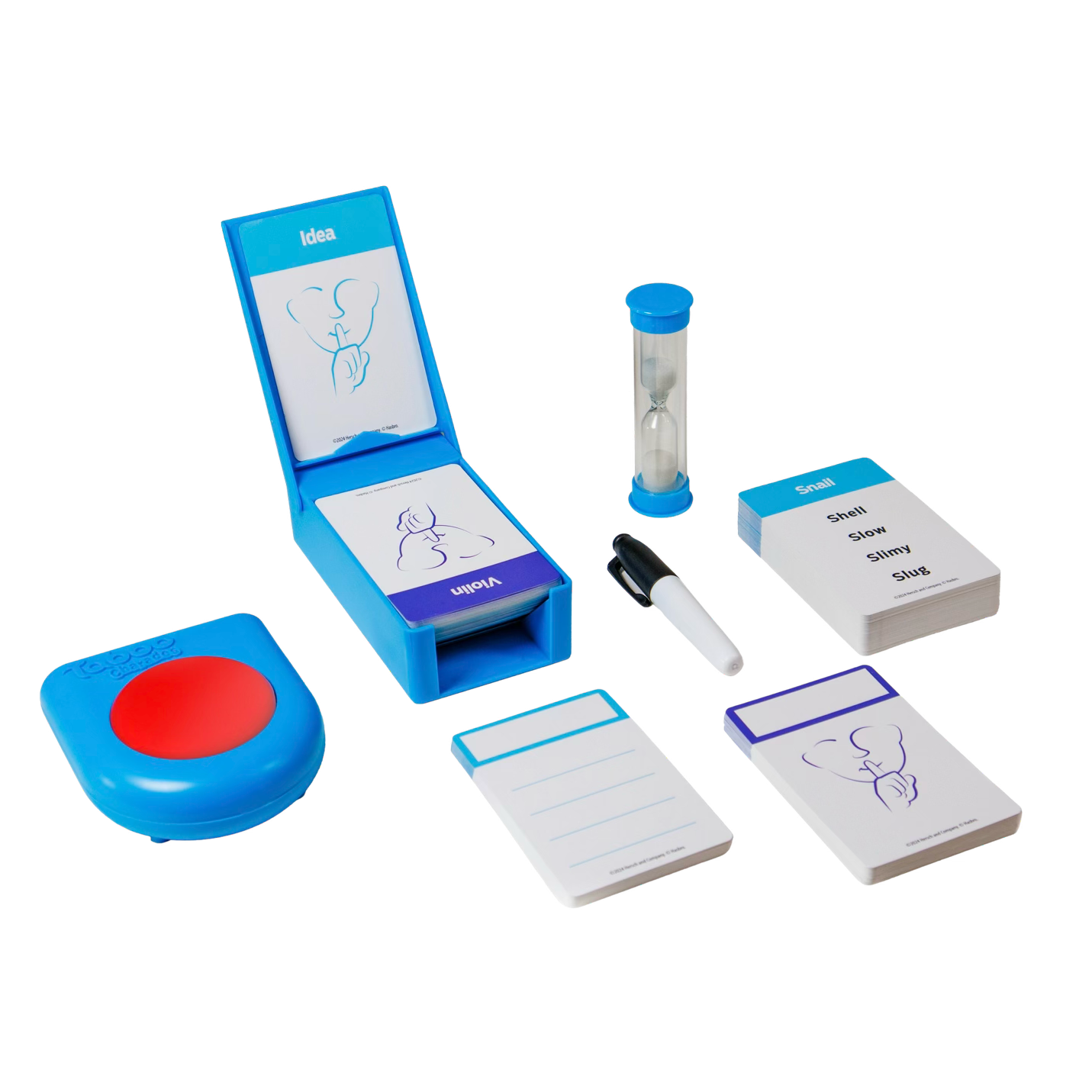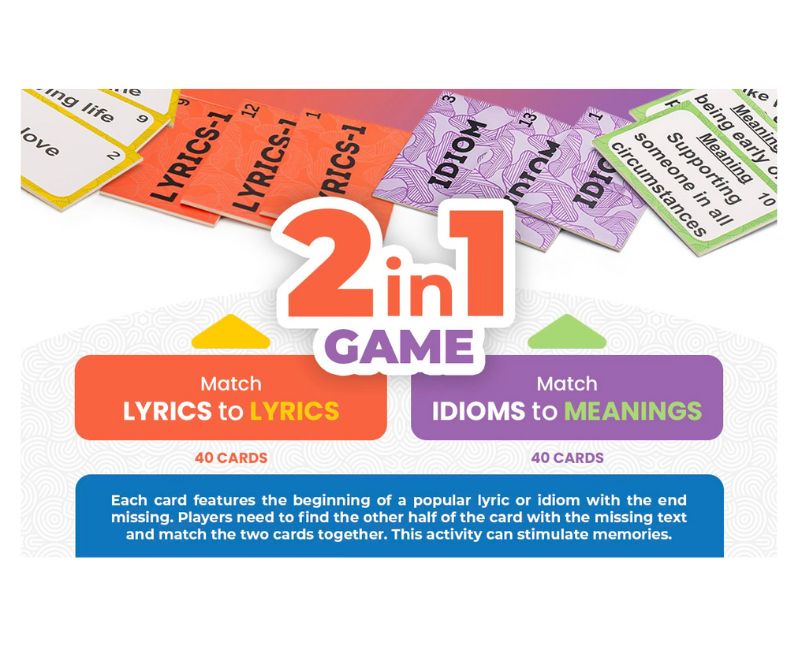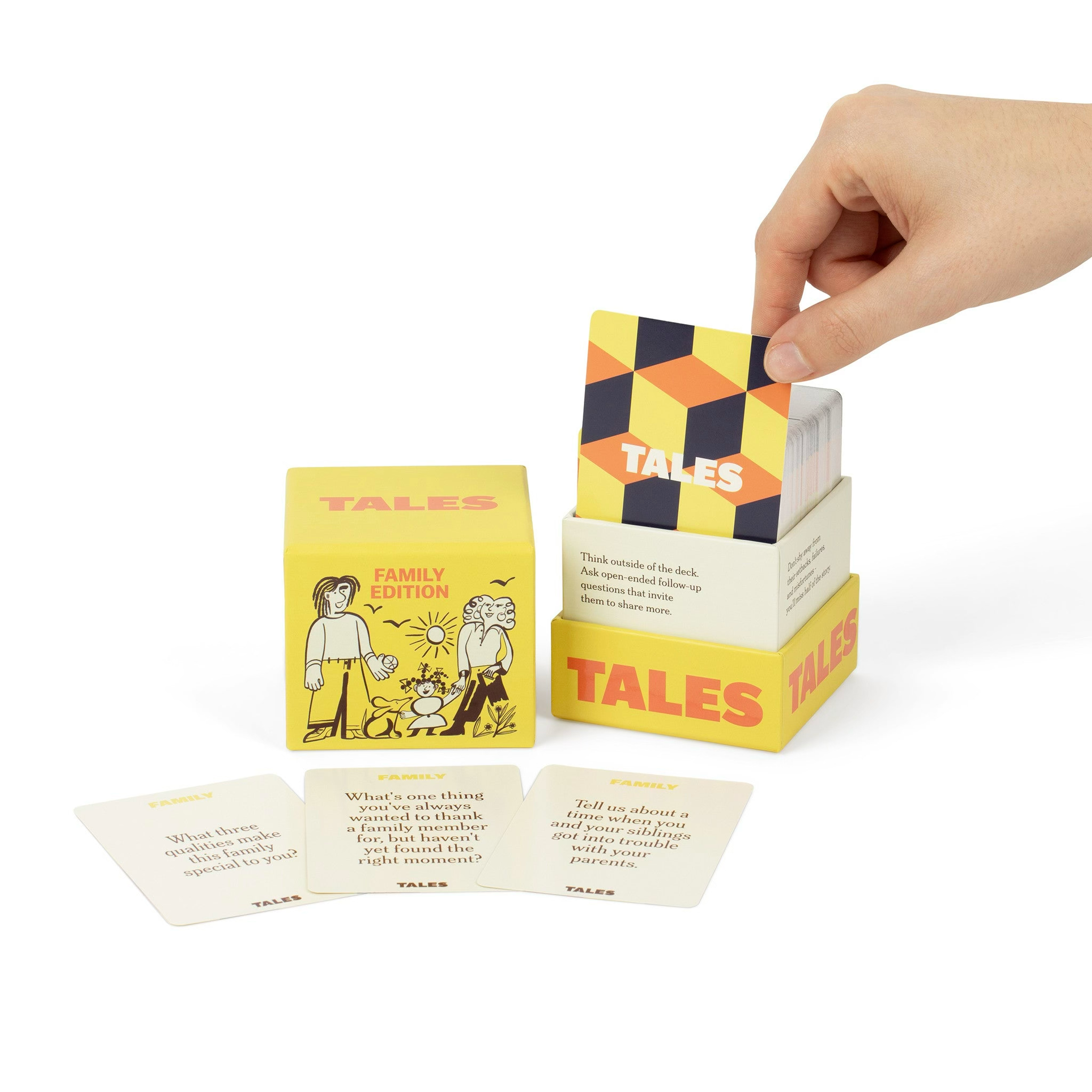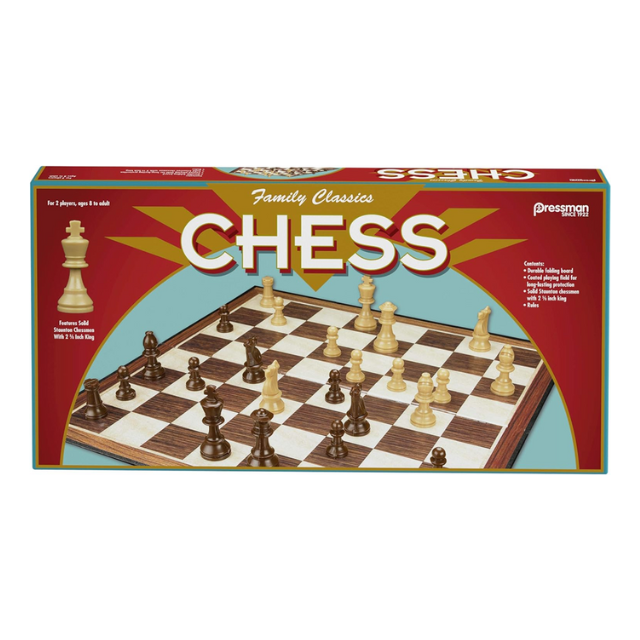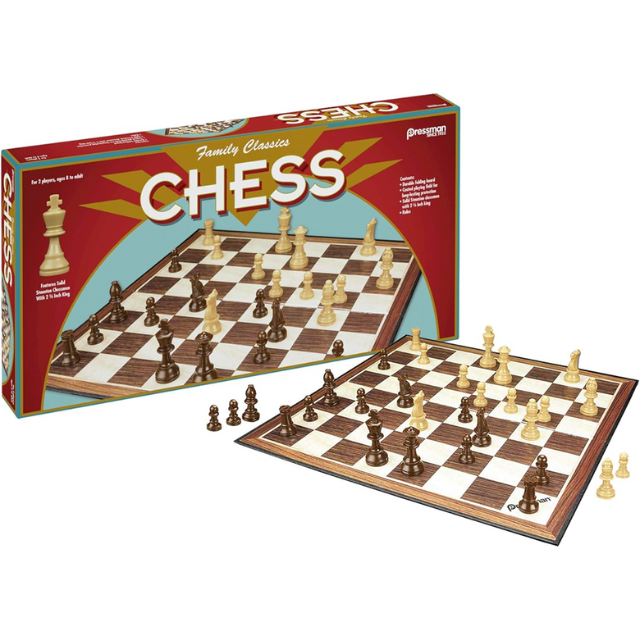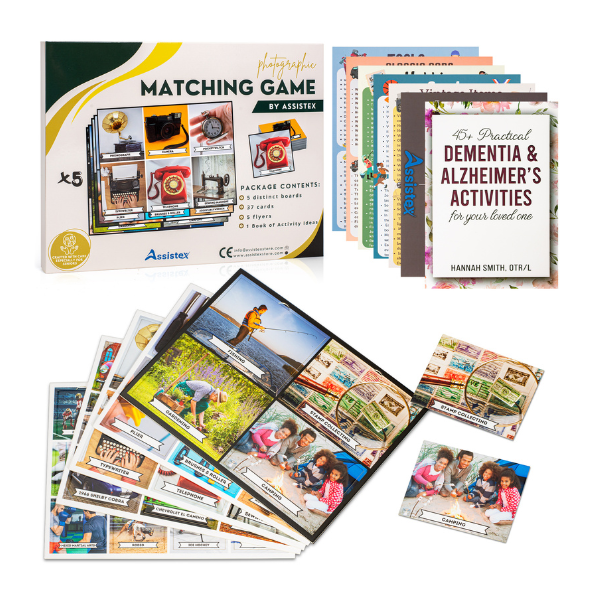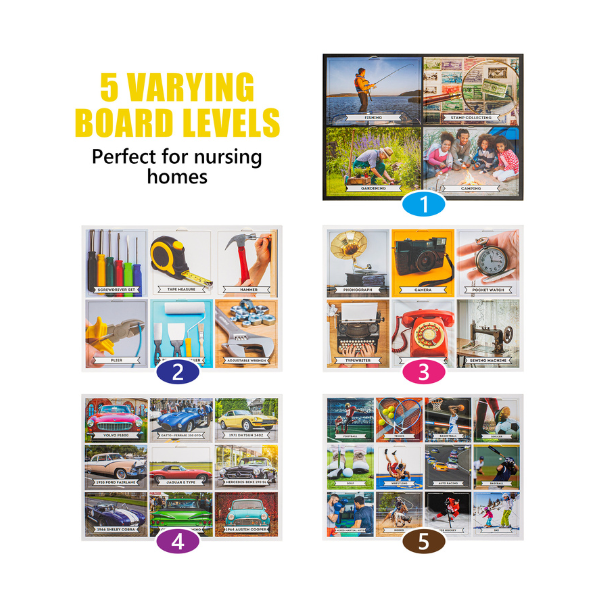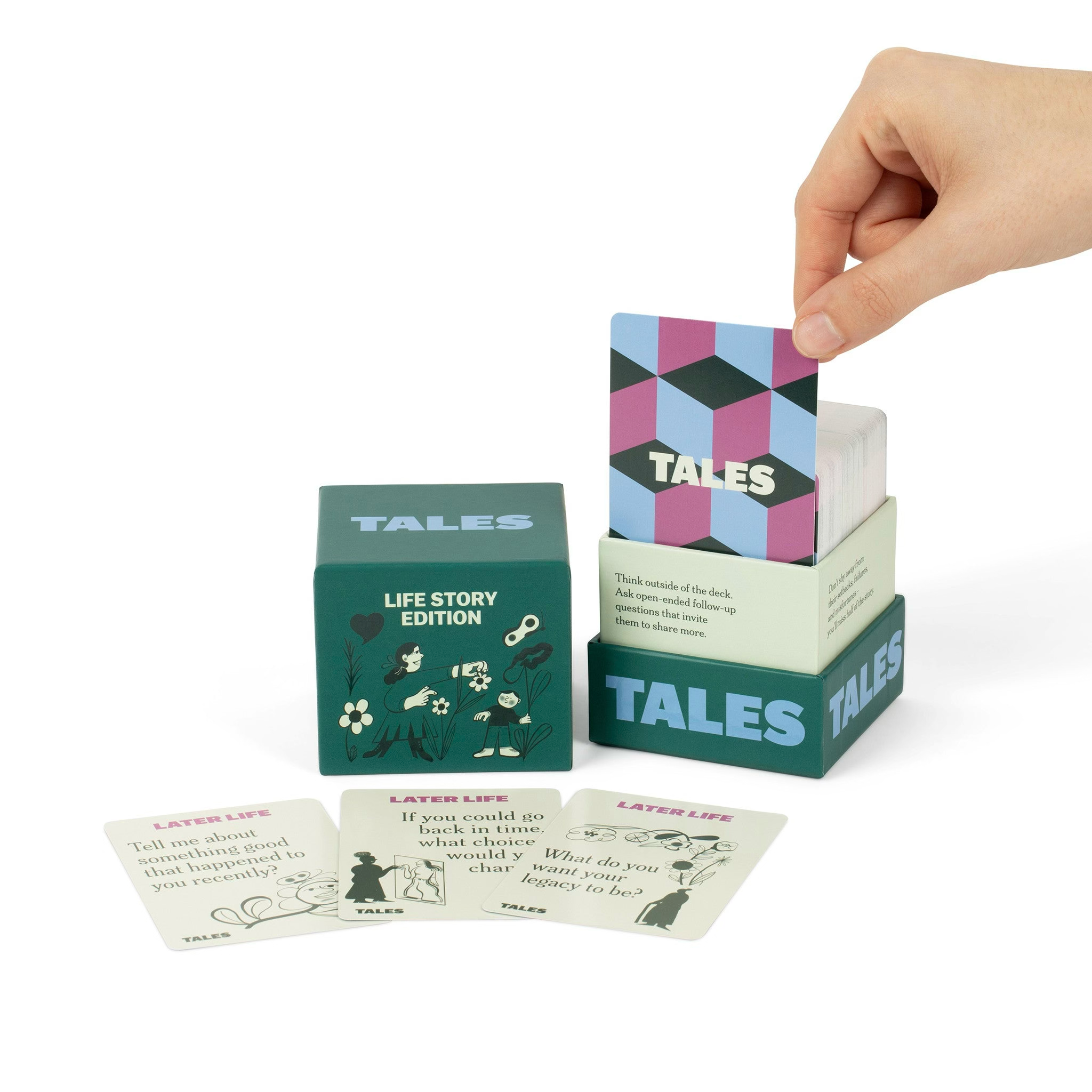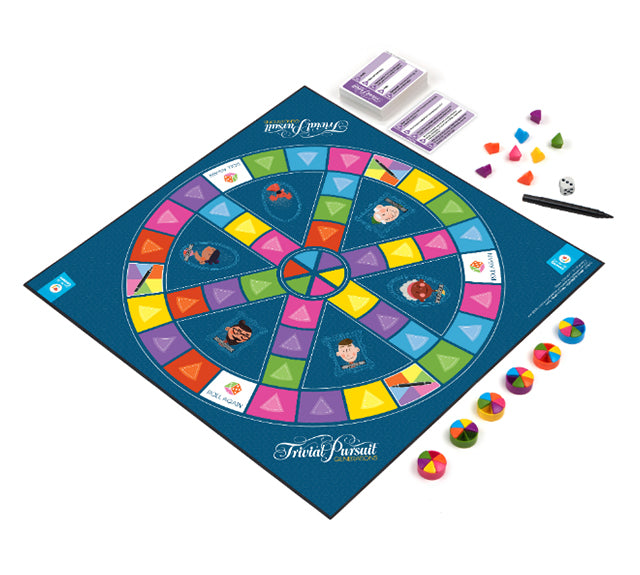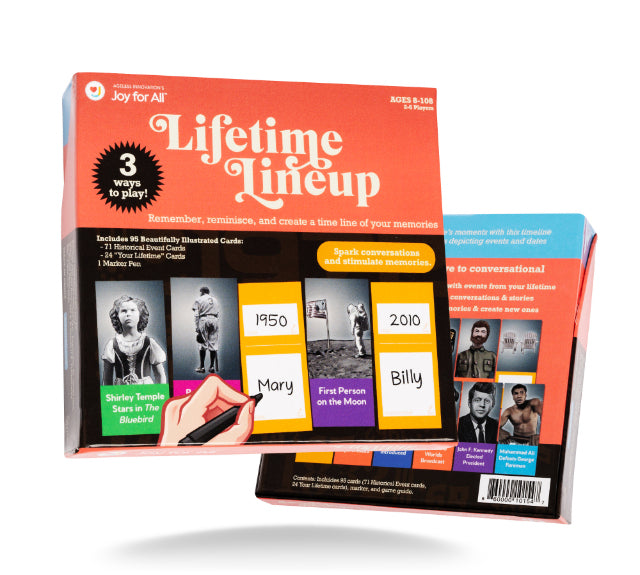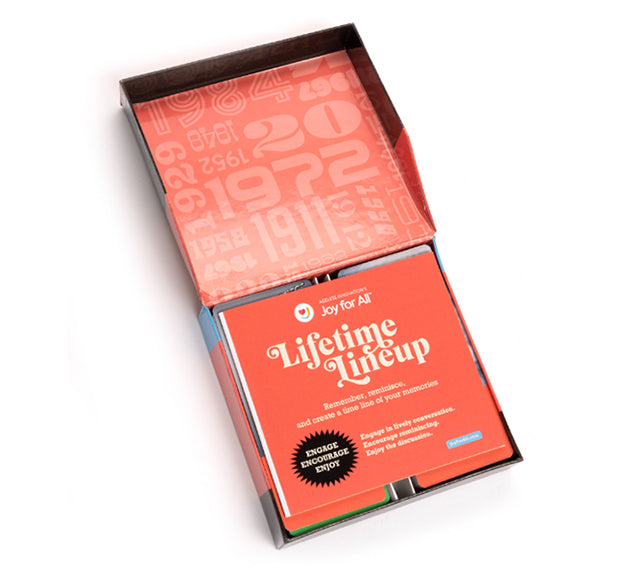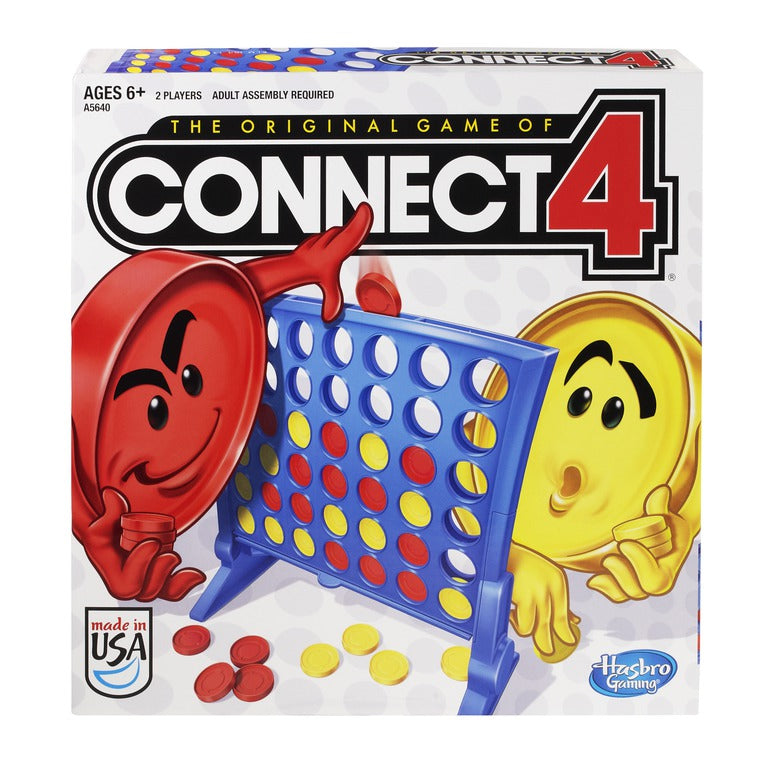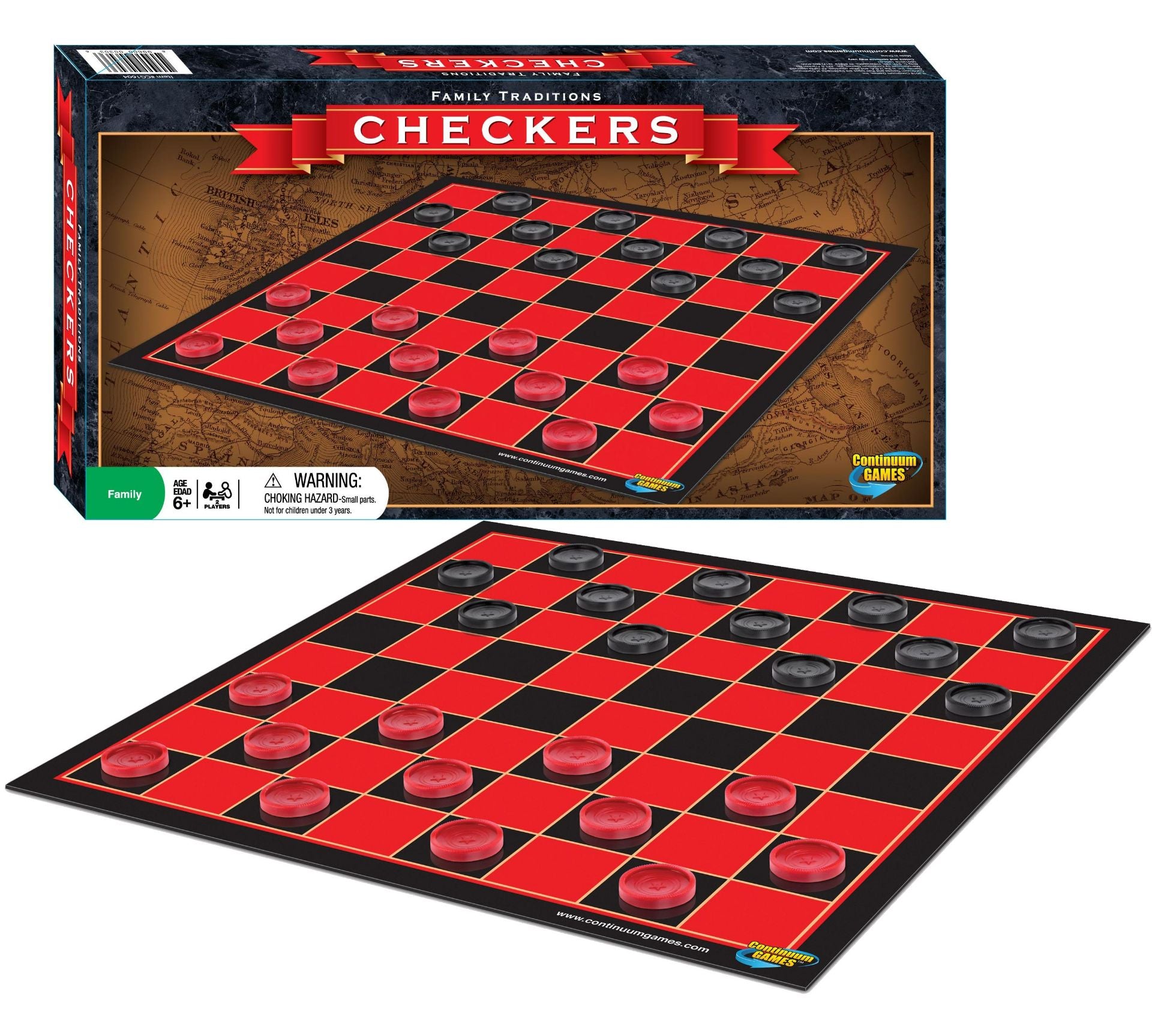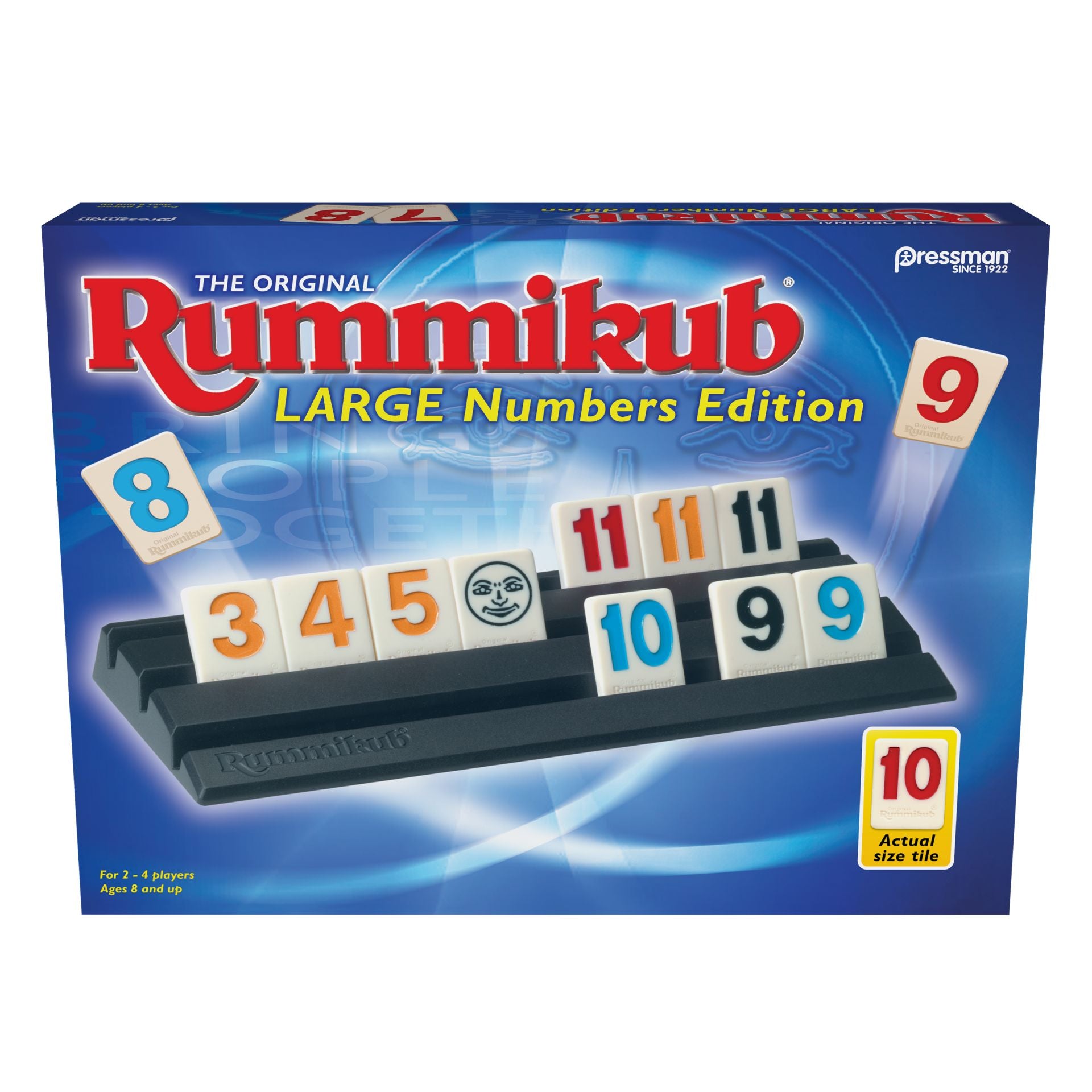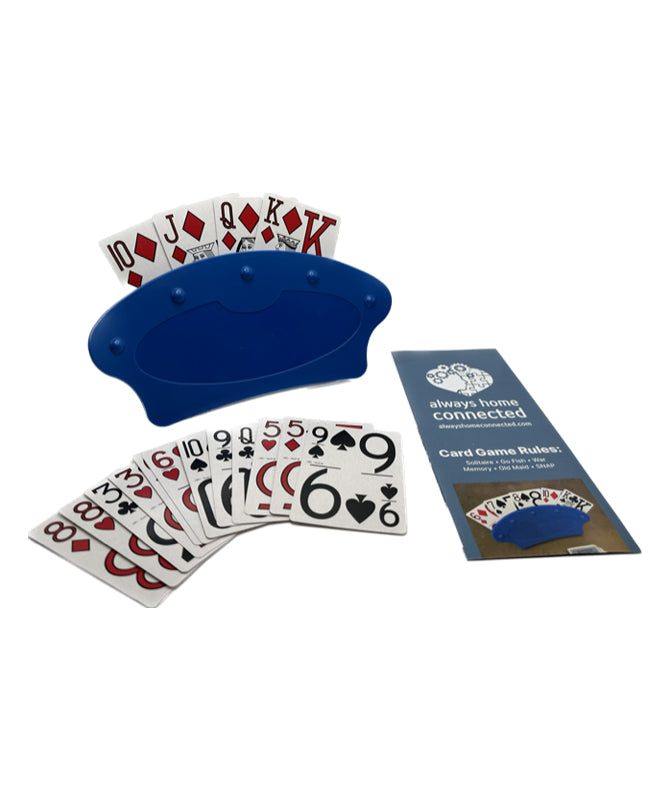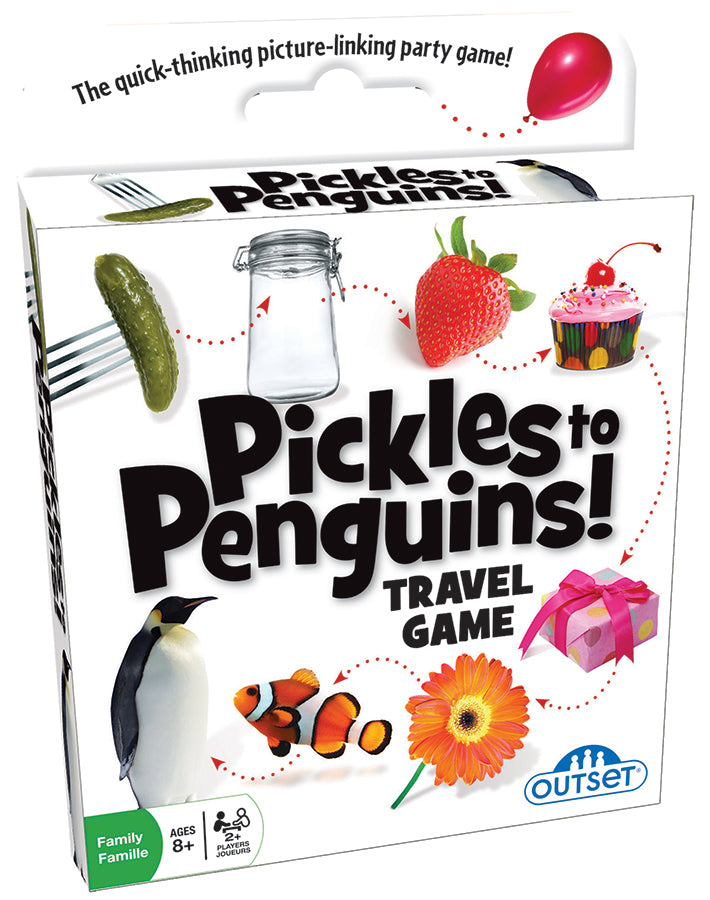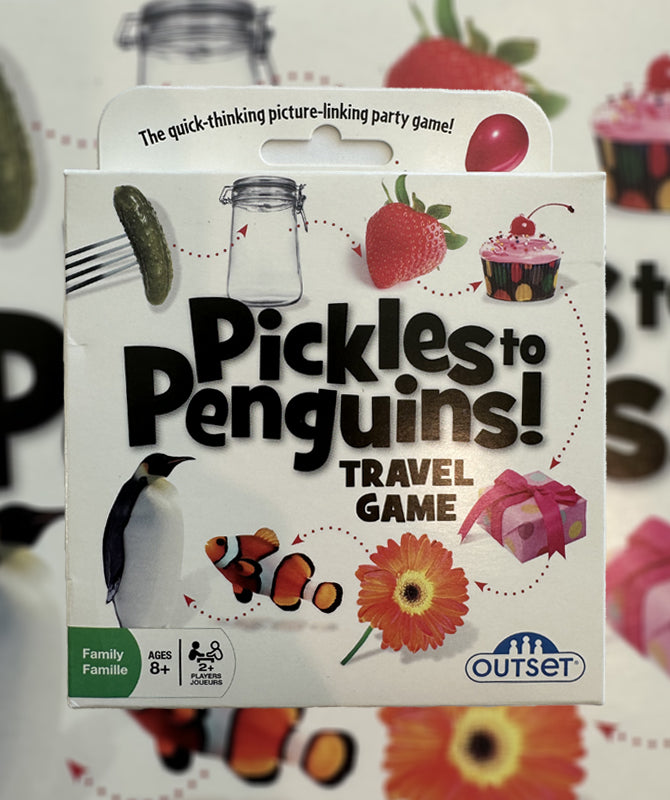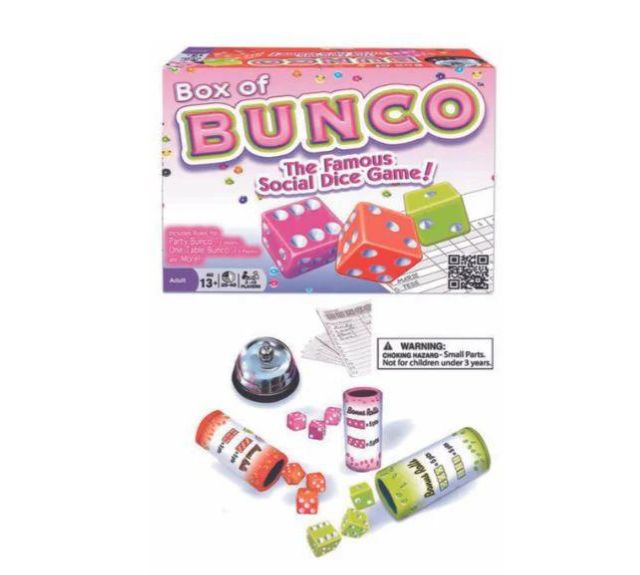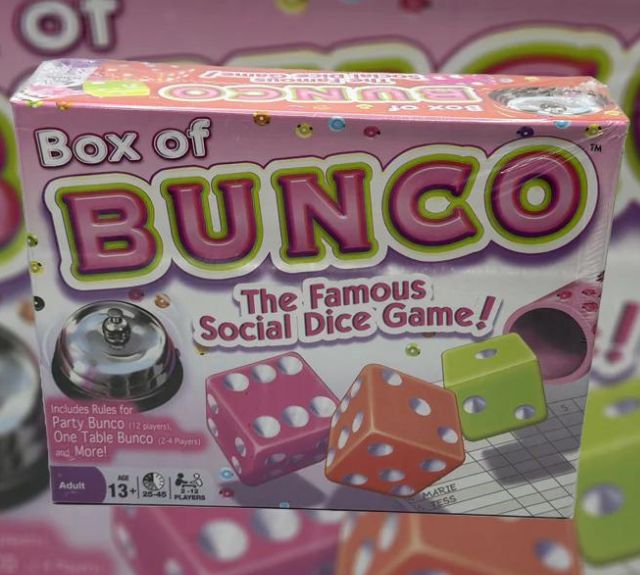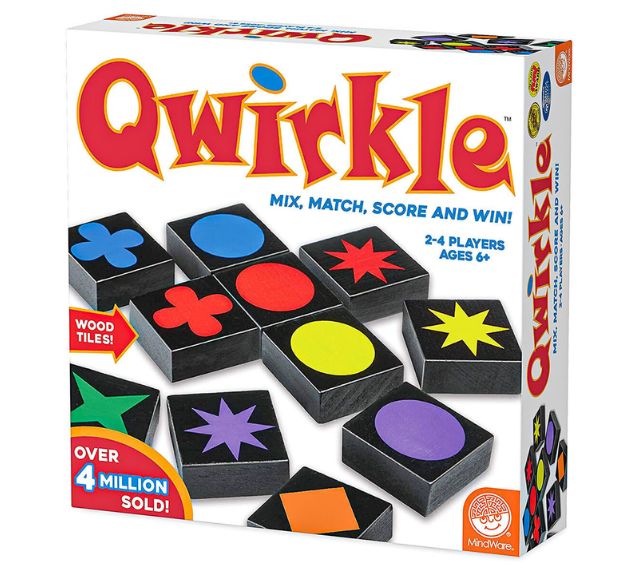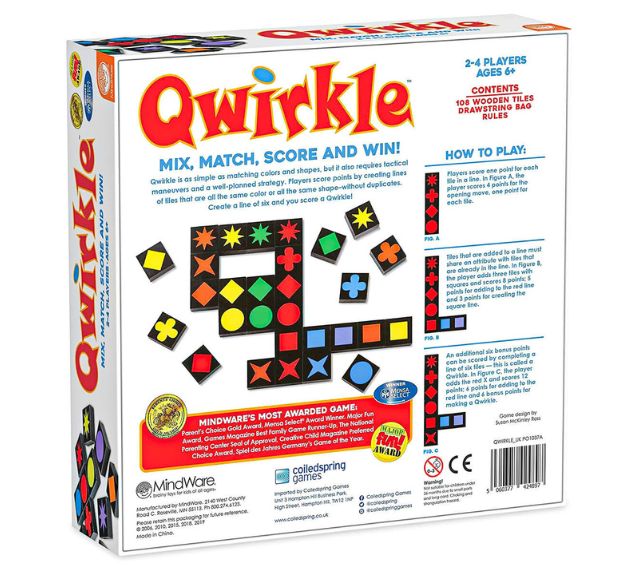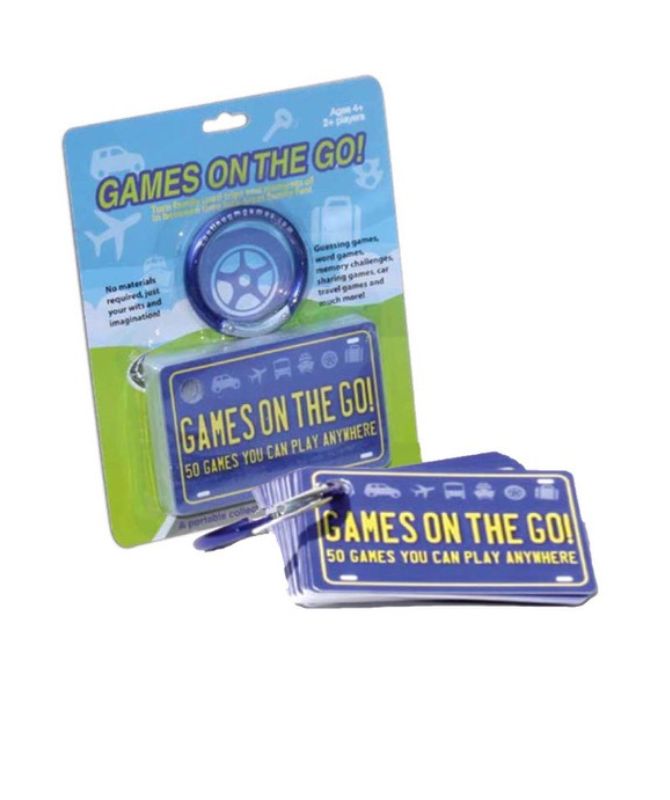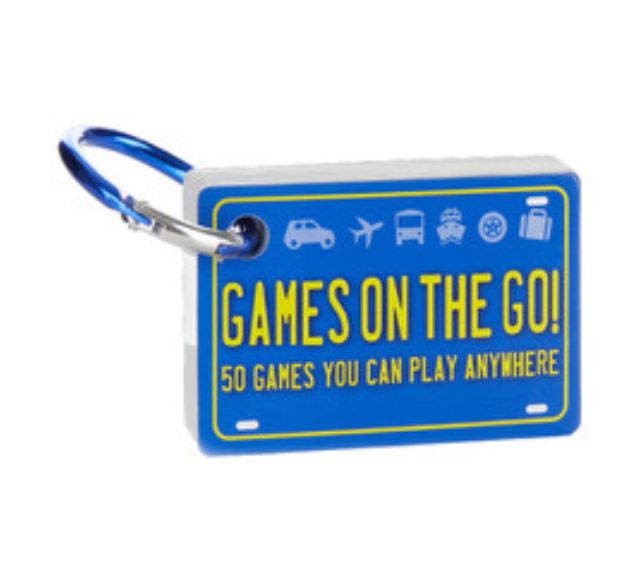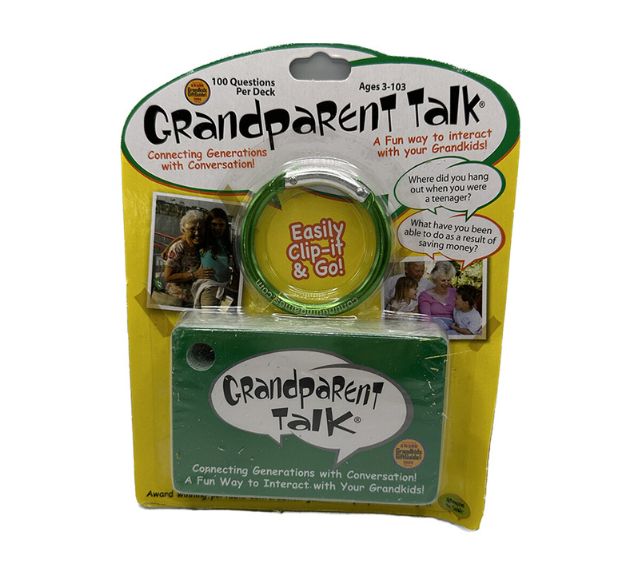
Games For Dementia
When selecting games for individuals with dementia, it’s important to consider factors like cognitive abilities, interest and preferences. Simple, familiar and engaging games can be both fun and beneficial.Checkers, Rummikub, Qwirkle, Bunco and Connect4 are examples of games with familiar themes. They can also evoke memories and improve mood. Choose games that focus on joy and accomplishment rather than games that may frustrate and overwhelm.

The Benefits of Games for Individuals with Dementia
Games can offer numerous benefits, both cognitively and emotionally. Many games require problem-solving, memory and critical thinking, while others provide opportunities for socialization and interaction, reducing the feelings of loneliness. Engaging in games can keep the brain active and sharp while creating a sense of happiness and overall well-being. To explore a variety of games, you can check out the selection available at our Alzheimer's store.
Choose Our Dementia Games
-
Yahtzee Slots
Yahtzee Meets Slots! Take a trip to the casino without leaving the house. Play the classic game of Yahtzee with the added fun of a Slot Machine! Spin for extra Yahtzee’s, bonus rolls, and more. Shake up your game visit!
Regular price $39.99Regular priceUnit price per -
Taboo Charades
The Game of Unspeakable Fun meets IMPROV! It’s the classic game of Taboo with special charades cards that get older adults acting and moving. With a mix of classic Taboo rules and exciting charades challenges, you'll be guessing your way to fun. Plus, customize the game with your own words for endless entertainment!
Regular price $32.99Regular priceUnit price per -
Trivial Pursuit Generations Card Game
Regular price $18.00Regular priceUnit price per -
Matching Memory Game x2
Memory Games for Adults with Dementia: Our matching card memory games for seniors are designed specifically for adults with dementia, Alzheimer's, and other memory-related conditions. It includes two variations: a lyrics version and an idioms version. Each variation includes 40 cards, totaling 80 cards in the set.
Regular price $28.95Regular priceUnit price per -
TALES: Family Edition
Regular price $39.00Regular priceUnit price per -
Dementia-Friendly Chess Game for Seniors and Caregivers
Regular price $13.99Regular priceUnit price per -
MATCHING CARD GAME – MEN’S EDITION
Regular price $28.99Regular priceUnit price per -
TALES: Life Story Interview Kit
Regular price $39.00Regular priceUnit price per -
Trivial Pursuit Generations
Regular price $44.99Regular priceUnit price per -
Past & Present Pairs
Regular price $7.99Regular priceUnit price per -
Lifetime Lineup Game For Seniors
Regular price $12.99Regular priceUnit price per -
Checkers
Checkers is generally well-suited for individuals with dementia in the early and middle stages, but it can be adapted to meet the specific needs and abilities of individuals in the late stage. Customizing the game to fit cognitive and physical abilities is important to ensure accessibility and enjoyment.
Regular price $11.99Regular priceUnit price per -
Rummikub Game - Large Numbers Edition
Regular price $29.99Regular priceUnit price per -
Deck of Large Number Playing Cards with Plastic Card Holder
Regular price $12.99Regular priceUnit price per -
Pickles to Penguins
Looking to unleash side-splitting laughter and friendly competition at your next gathering? The Pickles to Penguins is what you’re looking for! This quick-thinking card game throws traditional party games out the window, replacing them with a hilarious free-for-all where making crazy connections and shouting out answers faster than a penguin can waddle is the key to victory.
Regular price $12.99Regular priceUnit price per -
Bunco Game Set
Regular price $17.99Regular priceUnit price per -
Qwirkle Game
Regular price $29.99Regular priceUnit price per -
Games on the Go
50 fun games to play on the road; guessing games, memory games, word games and more. While "Games on the Go" or other portable travel games can be enjoyable and stimulating for individuals with dementia in the early and middle stages, it's important to consider the individual's specific needs and adapt the game as necessary to ensure accessibility and enjoyment.
Regular price $11.99Regular priceUnit price per -
Grandparent Talk
Question/Answer Game to be Played with Grandparents. Connecting Generations with Conversation.
Regular price $11.99Regular priceUnit price per
FAQs
Your Questions Answered
What types of board games and card games are suitable for people with dementia?
We offer a variety of games specifically designed for cognitive engagement and simplicity. These include large-print card games, color-coded board games, and matching games that promote memory retention and problem-solving skills in a fun, non-stressful way.
How can these types of games help someone with dementia?
Playing these games can aid in cognitive stimulation, help maintain memory function, and encourage social interaction. They also provide a sense of accomplishment and joy, which can help alleviate feelings of isolation or depression commonly associated with dementia.
Are these games complicated to play?
No, our games are designed to be straightforward and easy to understand. They have simplerules and clear, easy-to-read components, making them accessible even for individuals in the later stages of dementia.
Can these games be played alone, or do they require a partner?
While some games are designed for solo play, others encourage interaction with a partner or small group, which can be beneficial for socialization. We recommend caregiver or family involvement to facilitate gameplay and enhance the therapeutic benefits of the games.

